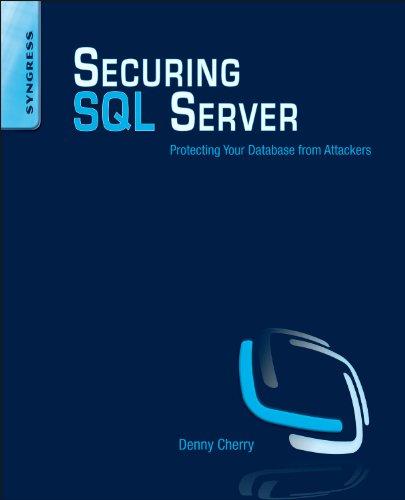Question
Hello, please implement the method ridings_recorded and results_for in the class Election: class Election: Data for a single election in a parliamentary democracy. === Private
Hello, please implement the method "ridings_recorded" and "results_for" in the class Election:
class Election: """Data for a single election in a parliamentary democracy.
=== Private Attributes === _d: the date of this election. _ridings: all ridings for which any votes have been recorded in this election. _parties: all parties for which any votes have been recorded in this election. _results: the vote counts for this election. Each key is the name of a riding, and its value is a dictionary of results for that one riding. Each of its keys, in turn, is the name of a party, and the associated value is the number of votes earned by that party in that riding. A party only appears in the dictionary for a riding if that party has had at least one vote recorded in that riding.
=== Representation Invariants == - For all strings s, s in self._ridings iff s in self._results - For all strings s, s in self._parties iff s in self._results[r] for some r - All recorded vote counts are greater than 0. That is, for every key (riding, results) in self._results, for every (party, votes) in results, votes > 0
=== Sample Usage === >>> e = Election(date(2000, 2, 8)) >>> e.update_results('r1', 'ndp', 1234) >>> e.update_results('r1', 'lib', 1345) >>> e.update_results('r1', 'pc', 1456) >>> e.riding_winners('r1') ['pc'] >>> e.update_results('r2', 'pc', 1) >>> e.popular_vote() == {'ndp': 1234, 'lib': 1345, 'pc': 1457} True >>> e.results_for('r1', 'lib') 1345 >>> e.party_seats() == {'ndp': 0, 'lib': 0, 'pc': 2} True """ _d: date _ridings: List[str] _parties: List[str] _results: Dict[str, Dict[str, int]]
def __init__(self, d: date) -> None: """Initialize a new election on date d and with no ridings, parties, or votes recorded so far.
>>> e = Election(date(2000, 2, 8)) >>> e._d datetime.date(2000, 2, 8) """ self._d = d self._ridings = [] self._parties = [] self._results = []
def ridings_recorded(self) -> List[str]: """Return the ridings in which votes have been recorded in this election.
>>> e = Election(date(2000, 2, 8)) >>> e.update_results('r1', 'ndp', 1) >>> e.ridings_recorded() ['r1'] >>> e.update_results('r2', 'ndp', 1) >>> e.ridings_recorded() ['r1', 'r2'] """ # This method
def results_for(self, riding: str, party: str) -> Optional[int]: """Return the number of votes received in
Return None if
>>> e = Election(date(2000, 2, 8)) >>> e.update_results('r1', 'ndp', 1234) >>> e.update_results('r1', 'lib', 1345) >>> e.update_results('r1', 'pc', 1456) >>> e.update_results('r2', 'pc', 1) >>> e.results_for('r1', 'pc') 1456 >>> e.results_for('r2', 'pc') 1 """ # This Method
Step by Step Solution
There are 3 Steps involved in it
Step: 1

Get Instant Access to Expert-Tailored Solutions
See step-by-step solutions with expert insights and AI powered tools for academic success
Step: 2

Step: 3

Ace Your Homework with AI
Get the answers you need in no time with our AI-driven, step-by-step assistance
Get Started


